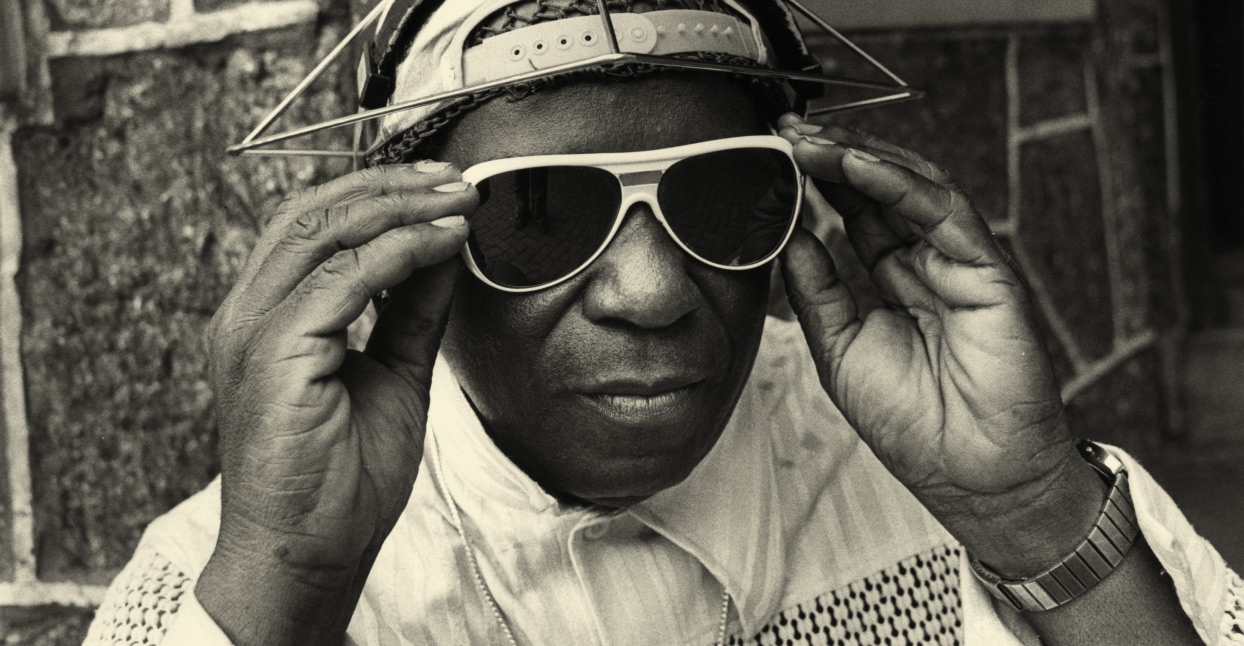Appreciation has conditions. In other words, I like a thing because the conditions of my appreciation, whatever they are, have been met. These conditions act in different ways for different people on different objects. Sometimes the conditions are negligible, because the object of appreciation is just plain likable. For example, only a few conditions must be met for the vast majority of the population to enjoy a piece of pie. Sometimes our love of something has conditions added to it over time, even though our initial experience of it was free and clear. I remember eating the chicken livers my grandmother would prepare. Now, I have to overcome an accrued knowledge of what a liver is and what it does to be able to eat the same dish.
Finally—and this is the basis of the writing to come—there are objects that we recognize as worthy of appreciation but the individual conditions we’ve placed on them are almost impossible to meet. My wife hates olives but, for some reason known only to her, she tries to eat one about once a month to see if she can overcome the brininess and unlock the passage to its culinary wonders. Our conditions for appreciation in these instances are, essentially, obstacles that have to be overcome before we can appreciate something ; one keeps trying—like my wife eating her monthly olive—because they intuit that the appreciation they are trying to develop is worth the work.
Since I was in my early 20s, I have grappled with my conditions for appreciating Sun Ra. Dozens of people have tried to help me—their goal being to bring me into their global community, as in “how do we convince Nate to stop being an idiot and start loving Sun Ra like the rest of us ?” The result, while unsuccessful in that I haven’t yet overcome my obstacles, has been positive : I’m learning to, at least, define these personal conditions of appreciation.











